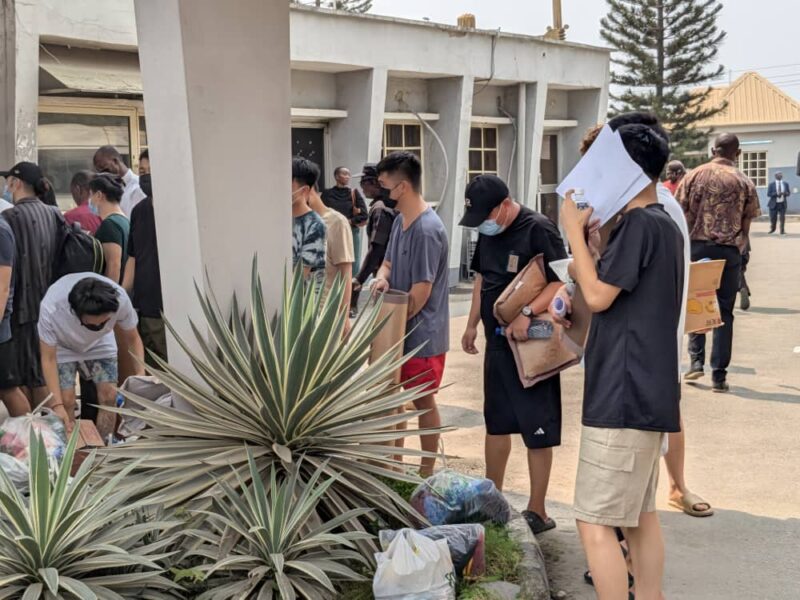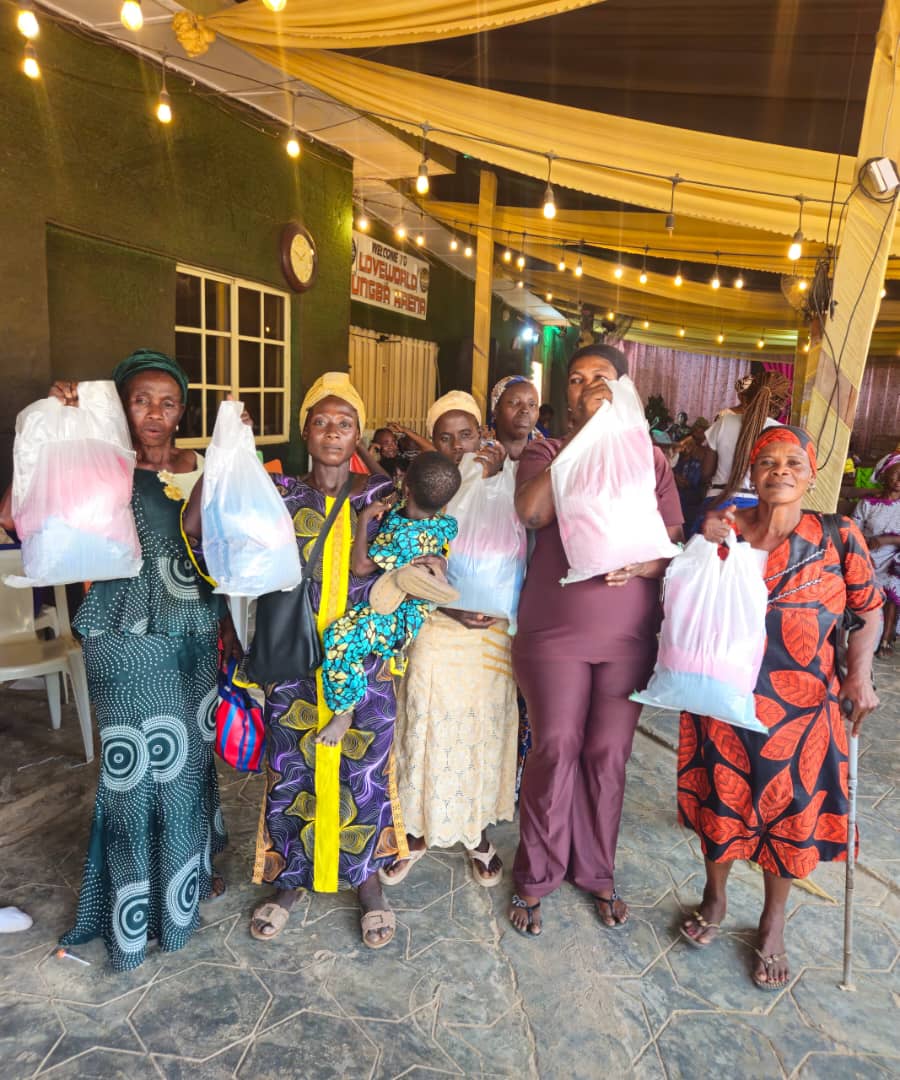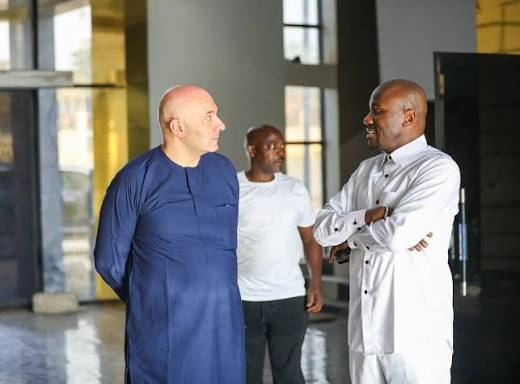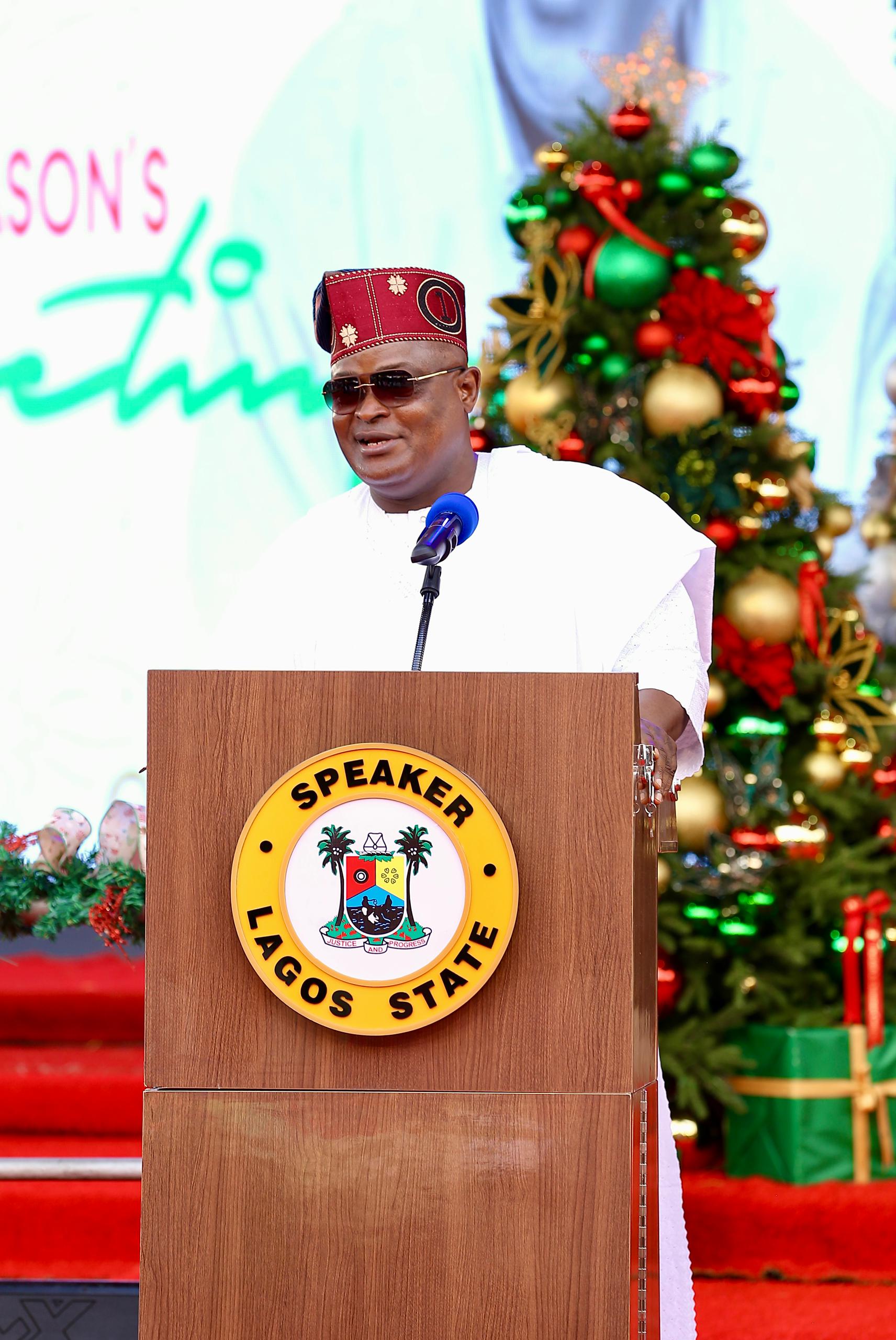Chinese national Xiao Hong Will faces trial in Lagos for alleged cyber terrorism and internet fraud, with witness testimony exposing recruitment tactics
[dropcap]A[/dropcap] First Prosecution Witness (PW1) in the ongoing trial of Chinese national Xiao Hong Will for alleged cyber terrorism and internet fraud testified before Justice D.I. Dipeolu of the Federal High Court in Ikoyi, Lagos, on Friday, 7 February 2025.
Also read: Cybercrime act 2015 not targeted at journalists, says Lagos lawyer
The witness, Rowland Turaki, a cybersecurity student, revealed that he was instructed by his employers to assume a false identity as a female to gain clients’ trust.
Xiao Hong Will was arrested on 19 December 2024 alongside 791 other suspected cryptocurrency investment and romance fraudsters during the EFCC-led “Eagle Flush Operation” in Lagos.
He was arraigned on 31 January 2025 alongside Genting International Company Limited on a three-count charge, including cybercrimes, cyber-terrorism, identity theft, and possession of documents containing false pretence.
The prosecution alleges that he procured Nigerian youths to engage in identity fraud and financial scams, seriously undermining Nigeria’s cybercrime prevention framework.
One of the charges states that Will and his company intentionally accessed and manipulated computer systems to destabilise Nigeria’s constitutional order by engaging in large-scale cyber fraud.
The offence is punishable under Sections 18 and 27 of the Cybercrimes (Prohibition, Prevention, Etc.) Act, 2015 (as amended in 2024). The defendant pleaded not guilty.
During the proceedings, prosecution counsel Bilkisu Buhari confirmed the readiness to proceed with the trial, but defence counsel B.A. Omateno sought to delay cross-examination, citing the complexity of the case. Justice Dipeolu rejected the submission, ruling that it lacked merit.
Led by the prosecution, Turaki recounted how he joined the operation, responding to a job advert on Jiji.ng for a customer service representative role offering ₦250,000 monthly.
After applying, he was added to a WhatsApp group and instructed to attend an interview at 7, Oyin Jolayemi Street, Victoria Island, Lagos.
The recruitment process focused solely on typing speed rather than cybersecurity skills.
After meeting the requirement, he was immediately hired, given company regulations, salary details, accommodation, and transport arrangements, and asked to resume work the next day.
On his first day, he received a script and training materials to memorise as guidelines for interacting with clients.
For three days, he studied the material under strict supervision, preparing to assume false identities for fraudulent operations.
His testimony sheds light on the structured recruitment and training process used in cyber fraud syndicates operating in Nigeria.
Also read: Police arrest crypto billionaire Blord over fraud, terrorism links
The trial continues as the prosecution seeks to establish Will’s involvement in large-scale cybercrime, while authorities intensify efforts to combat online fraud and digital terrorism in Nigeria.

Ojelabi, the publisher of Freelanews, is an award winning and professionally trained mass communicator, who writes ruthlessly about pop culture, religion, politics and entertainment.
























